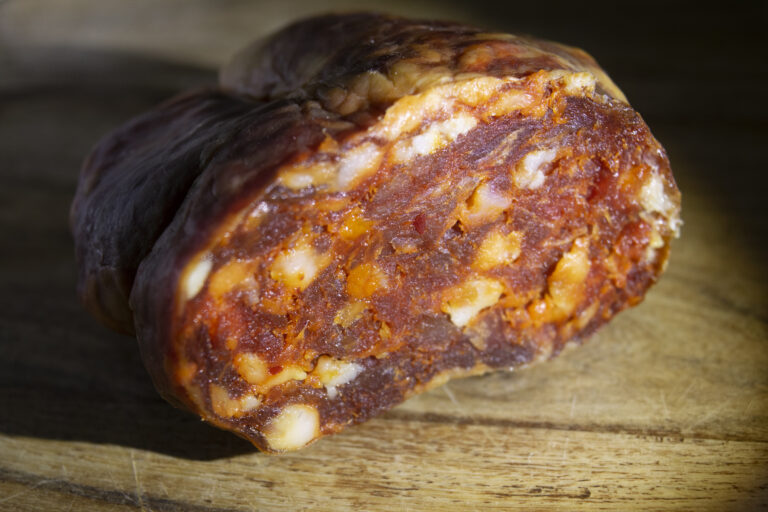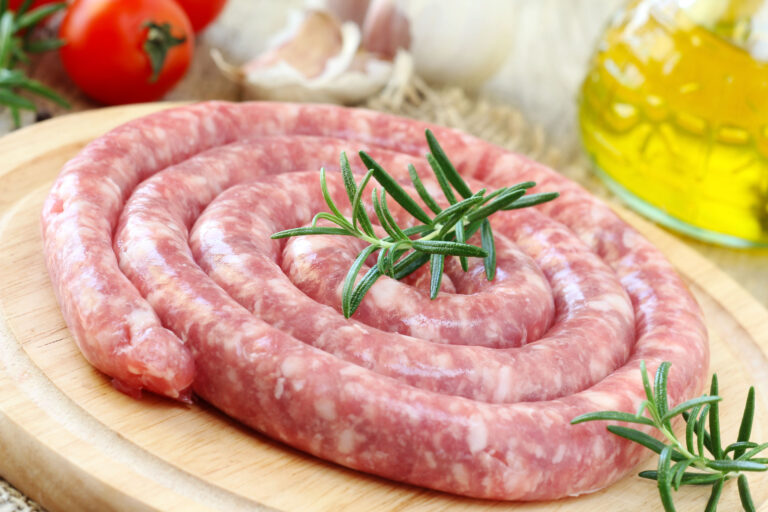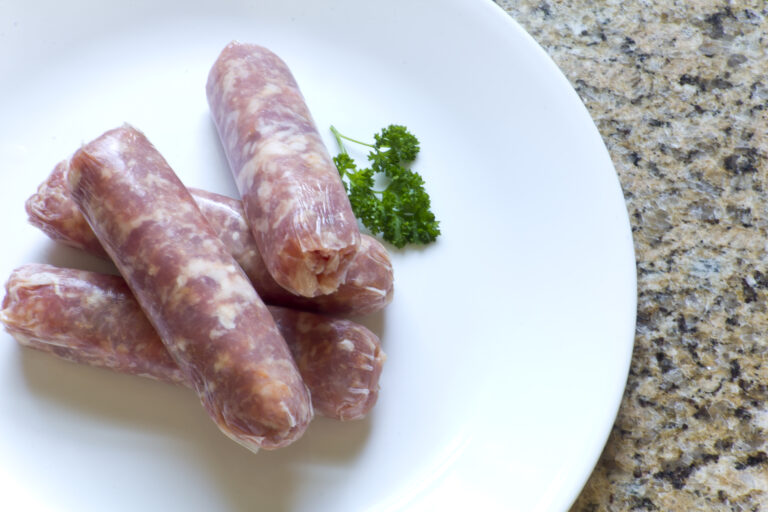5 Italian Sausage Nutrition Facts for Better Health Choices
Italian sausage is high in sodium and cholesterol, potentially leading to heart issues. Balance its protein and fat content for a healthy diet.
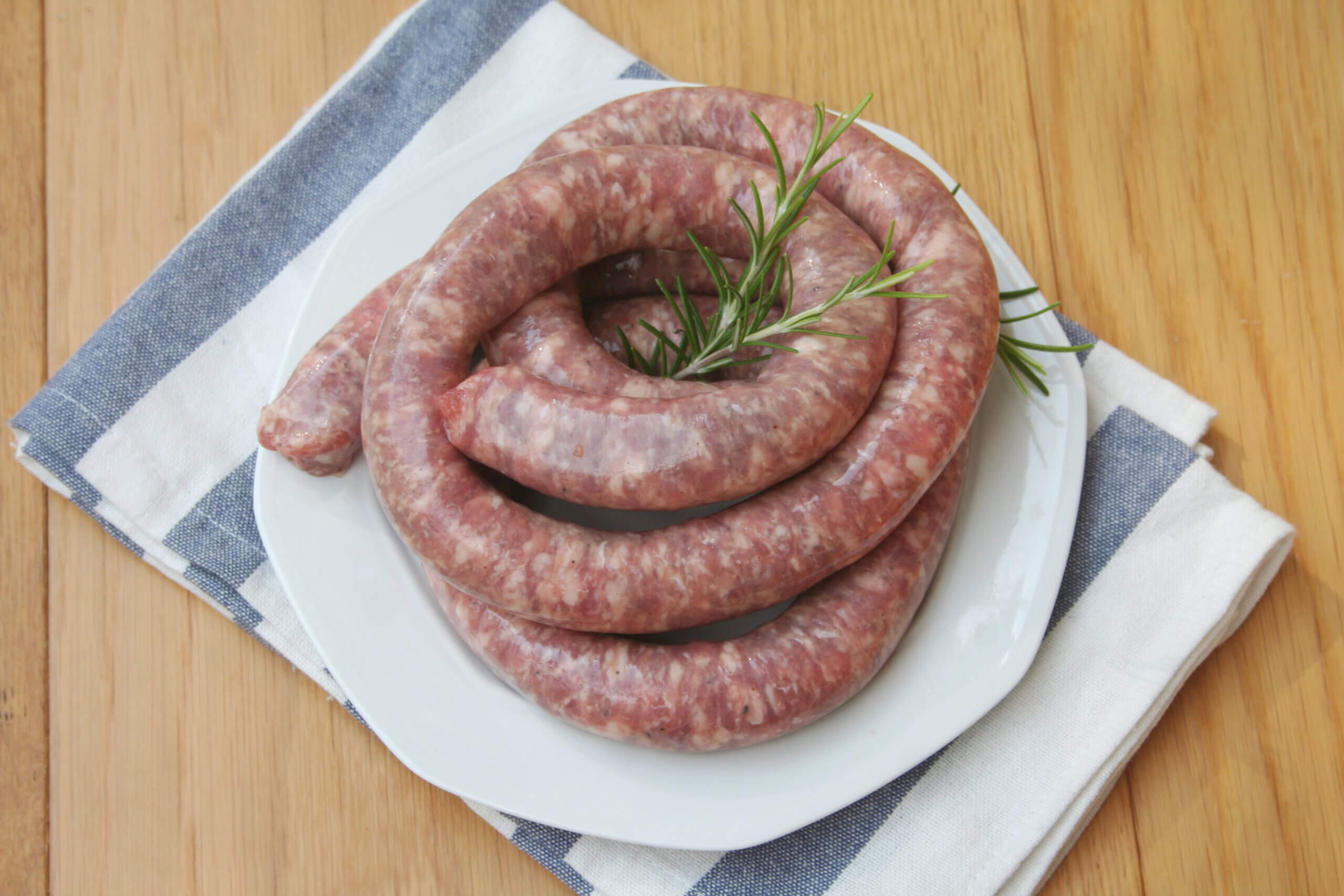
Italian sausage is cherished for its robust flavor, crafted from pork and seasoned with spices like garlic and fennel. As a common ingredient in comfort dishes, it’s important to note its nutritional profile. We’ll explore five intriguing facts about the nutrition of Italian sausage.
Disclosure: As an Amazon Associate, this site earns from qualifying purchases. Thank you!
1. High Sodium and Cholesterol Content
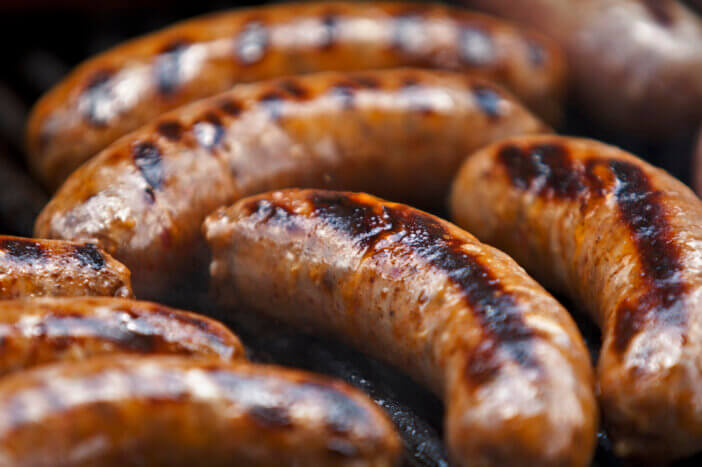
Italian sausage contains high sodium and cholesterol, essential in moderation but risky in excess. A serving has 880mg of sodium, 38% of the daily value, potentially causing hypertension and increasing heart disease risk.
As for cholesterol, a serving size of Italian sausage contains approximately 75mg, equating to 25% of the recommended daily intake. High cholesterol intake can lead to an accumulation of cholesterol in your arteries. Over time, this buildup can narrow the arteries, increase the risk of heart disease, and lead to heart attacks or strokes.
The Dietary Guidelines for Americans recommends limiting sodium intake to less than 2,300mg per day. For cholesterol, it’s suggested to consume less than 300mg per day. It’s important to monitor the intake of these substances, especially when indulging in foods like Italian sausage that contain high amounts of both.
2. Unhealthy Eating and Processed Meats
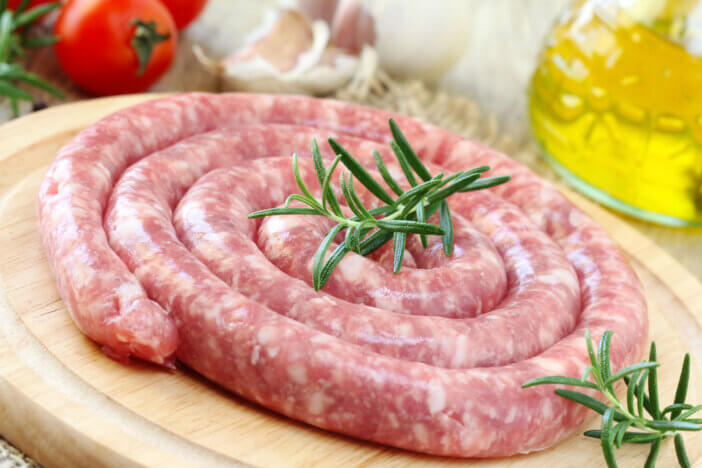
Italian sausage is a delicious ingredient but should be consumed with awareness of its health implications. As processed meat, it’s preserved through salting, curing, or smoking, leading to high levels of sodium, fat, and cholesterol. Eating processed meats frequently can raise the risk of health issues such as type 2 diabetes, cancer, and heart disease.
That being said, this doesn’t mean you need to completely ban Italian sausage from your diet. It’s all about balance and moderation. Ensuring your diet consists predominantly of whole foods, rich in fruits, vegetables, lean proteins, and whole grains while treating Italian sausage as an occasional indulgence, can help maintain nutritional balance.
3. High Protein and Fat Content
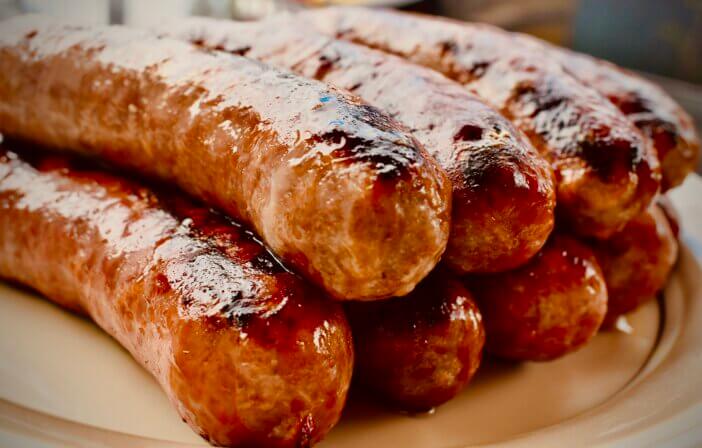
Italian sausage is a nutritious source of protein and fat, which are crucial for our bodies despite their controversial reputation. Each serving offers approximately 12g of complete protein, vital for tissue and cell repair, as well as the enzymes needed for bodily chemical reactions.
Italian sausage is rich in fat, with about 28g per serving, mostly saturated fat that can increase cholesterol if overeat. It’s important to balance this in your diet since fats are also necessary for vitamin absorption and organ protection.
4. Heart Disease and Weight Gain

Italian sausage may increase heart disease and weight gain risk due to its high sodium, fat, and cholesterol. These can cause hypertension and arterial plaque, both major contributors to heart disease. Understanding this link is important for diet and health considerations.
Italian sausage is also high in calories, primarily due to its high-fat content. Overconsumption paired with insufficient physical activity can lead to an energy imbalance, causing weight gain over time. Therefore, it’s crucial to balance Italian sausage consumption with other lower-calorie foods and regular exercise.
5. Nutritional Value and Dietary Guidelines
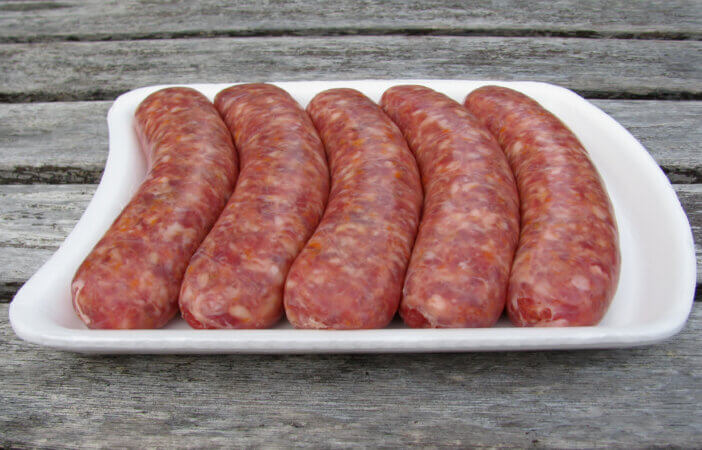
The ultimate point concerns the nutritional content of Italian sausage and the necessity of following dietary recommendations. Besides being rich in protein, this sausage offers essential B vitamins, notably vitamin B12, which are crucial for sustaining overall health, cognitive function, and the production of red blood cells.
Italian sausage, like any food, should be consumed as part of a balanced diet that aligns with the Dietary Guidelines for Americans. These guidelines suggest a variety of proteins, emphasizing lean meats, and recommend keeping saturated fats, sodium, and added sugars below certain levels.


